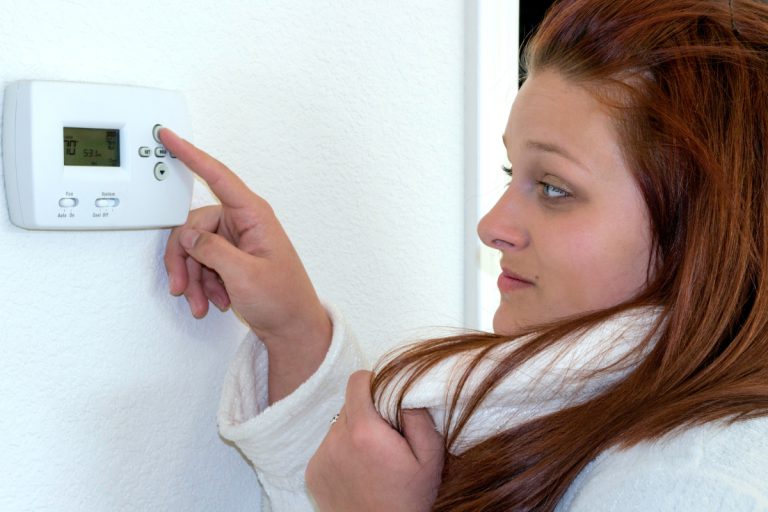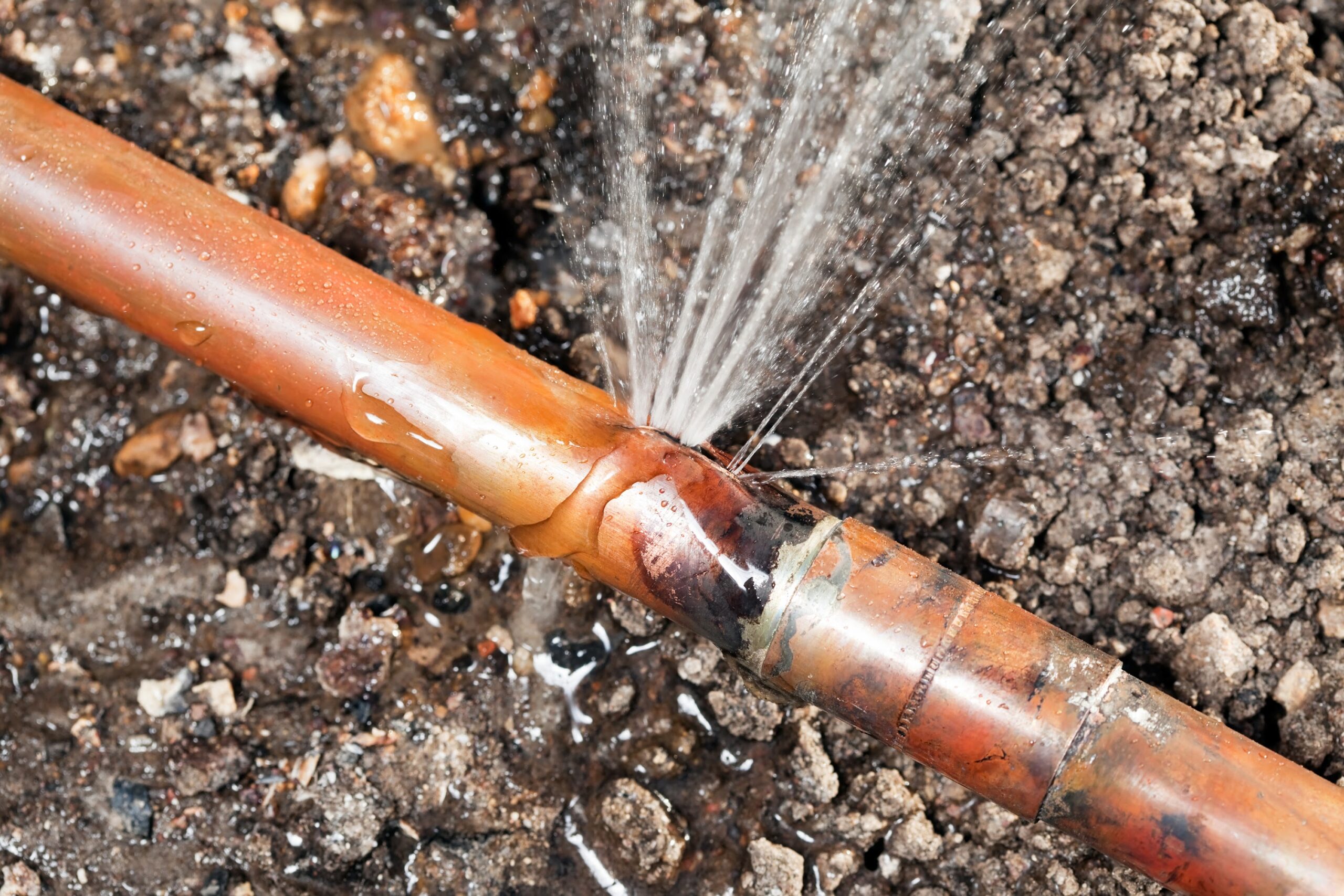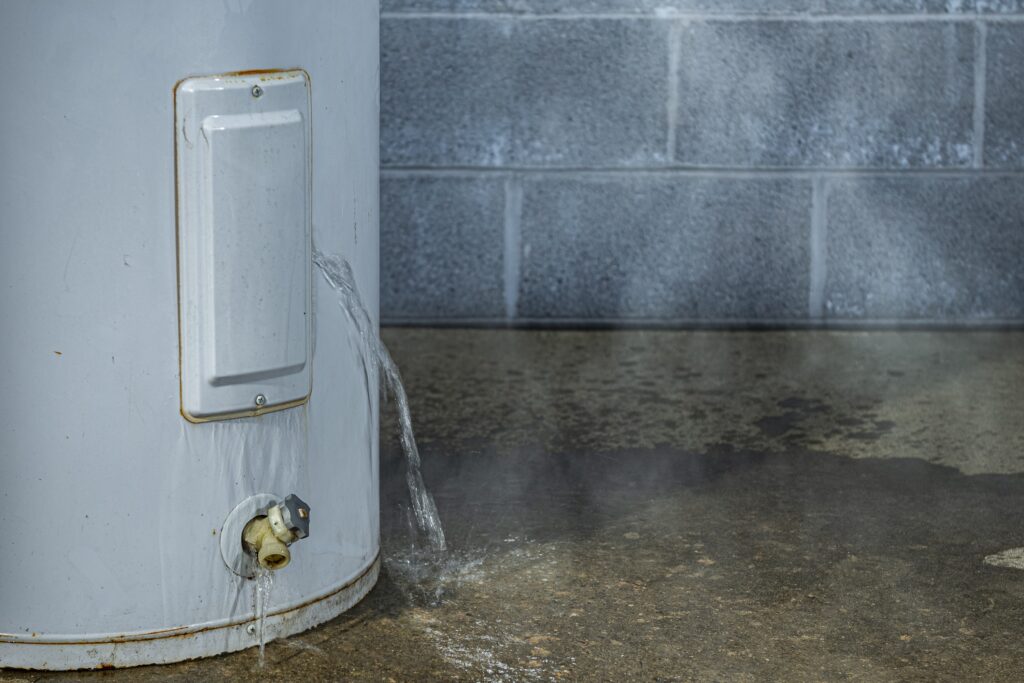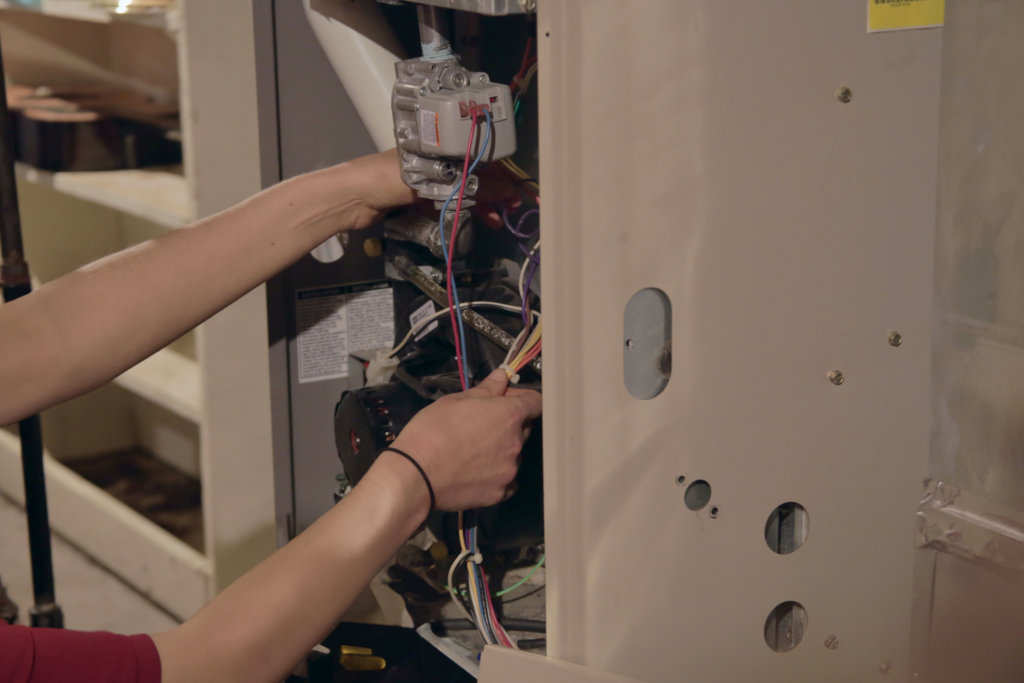
When the air turns sharp, and your family counts on steady warmth, a sudden heating breakdown can feel like an emergency. Taking quick, sensible steps keeps you safe and prevents more costly damage. At Russo Bros. & Co. in East Hanover, NJ, we’ve helped homeowners weather winter’s worst for years, so you never have to face a cold home without support. This guide leads you through quick checks and temporary fixes and tells you the right moment to call in an expert technician.
Make Quick Safety Checks Before Anything Else
Your first move is a simple safety sweep. Confirm that carbon monoxide detectors show normal readings and that all smoke alarms are working. If you notice even a faint smell of gas near your furnace, turn off the system at the main valve if it’s safe, leave the home immediately, and contact your gas utility or emergency services. Never attempt to keep running the system if you suspect a leak. Next, check the circuit breakers for a tripped fuse or an off switch. Sometimes, power interruptions can cause your furnace blower to malfunction. For high-efficiency furnaces with outdoor intake or exhaust pipes, make sure they aren’t blocked by snow, ice, or leaves—an obstruction can starve the system of the air it needs to run safely.
Inspect and Replace Filters to Restore Airflow
Clogged filters restrict the air your furnace needs to burn efficiently. Slide the filter panel off and examine the filter surface. If it appears gray or caked with dust, replace it with a fresh one rated for your system. That simple action often restores proper airflow, lets the blower circulate warm air again, and may clear a minor safety lockout caused by overheating. Before closing the panel, inspect the visible duct joints for loose tape or disconnected sections that allow heat to leak into unheated spaces. A fast reseal can raise room temperatures enough to ease the strain on a struggling furnace.
Thermostat and Control Panel Checks
A malfunctioning thermostat can falsely indicate to your furnace that it’s still warm or too cold. Use an accurate room thermometer to compare its reading with your thermostat display. If there’s more than a couple of degrees difference, then your thermostat sensor may need recalibration or a fresh set of batteries. If you’re comfortable doing so, gently check for secure thermostat wiring connections—loose wires at the R and W terminals can sometimes cause intermittent startup issues. Otherwise, leave wiring to a professional. Once connections look secure and your thermostat is set to Heat, listen for the click of the gas valve engaging. If you don’t hear that sound, the controls may need expert attention.
Temporary Heating Alternatives
In Northern New Jersey’s deep freeze, you need a backup plan to keep living spaces safe. Portable electric heaters rated for indoor use can carry you through short outages. Place them on hard, level surfaces away from curtains and furniture, and never leave them running unattended. For gas fireplaces, ensure that the pilot light ignites and that the flue remains clear of obstructions for proper ventilation. You can also redistribute warm air from other sources by opening interior doors and using ceiling fans in reverse to push warm air toward the floor. Layer your bedding and wear insulating layers indoors to capture body heat while you wait for your furnace to be repaired.
Preventing Frozen Pipes During Outages
A cold house risks frozen pipes, turning your heating emergency into a plumbing disaster. Keep cabinet doors under sinks open to allow warm air to circulate exposed pipes, and let faucets drip at a slow trickle on the side of the house most vulnerable to freezing. Keep interior doors open so warm air circulates more evenly throughout your home. Should a pipe freeze, avoid using an open flame to thaw it. Instead, apply gentle warmth with a hair dryer, or wrap warm towels around the pipe until flow resumes. Then call a plumber to inspect for hidden cracks.
Scheduling Fast Repairs and Ongoing Care
Once the immediate emergency has passed, schedule a comprehensive system inspection to prevent future breakdowns. Technicians will clean burners, flush condensate lines on high-efficiency furnaces, and lubricate moving parts to ensure optimal performance. They’ll also tighten electrical connections and verify that safety controls operate within manufacturer specifications. Signing up for a seasonal maintenance plan provides you with priority service during peak winter demand and offers discounts on labor and parts. This proactive approach keeps your heating system in ready condition and prevents small issues from escalating into crises when temperatures plummet.
Call Us to Prepare Your Heating System for Winter
A sudden heating outage doesn’t have to leave you helpless in the cold. At Russo Bros. & Co., we offer HVAC maintenance plans and thermostat upgrades to keep your system running smoothly throughout the entire season. Wherever and whenever your heat fails, our team is ready to restore warmth and stability to your home.
If you live in East Hanover, NJ or a nearby community, call Russo Bros. & Co. today to ensure your heating system is well-prepared before winter sets in.




